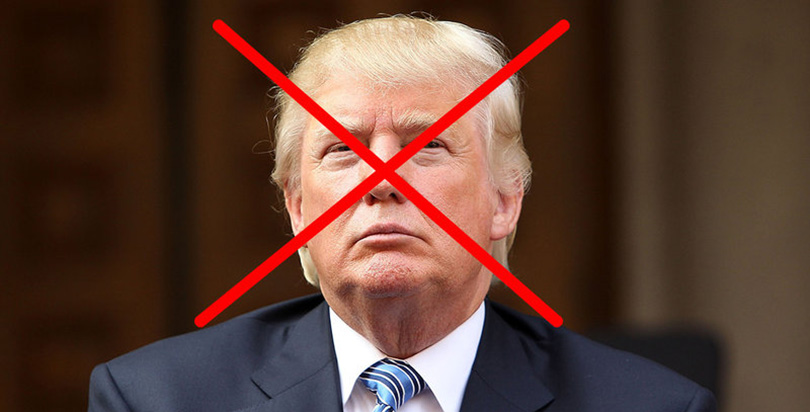Tucker: Time for Trump to Get Honest With His Coalition of Fear. It’s Not Walls They Need, But Better Schools

Economic anxiety is clearly a big part of the answer. Trump has managed to tap into a rising tide of fear swamping working-class voters as they have watched their jobs disappear, wages stagnate and savings vanish — a coalition of fear that unites the underemployed, undertrained and the xenophobic. They have little hope for a financially secure future, and they now believe their children may be even worse off.
Against that backdrop, you’d think Trump would have a lot more to say about K-12 education. While the basic governance of public schools remains in the hands of governors, state legislators and local school boards, presidents from Ronald Reagan to Barack Obama have shown the out-sized influence that the nation’s chief executive can exert over education policy.
And the next president ought to use every bit of that influence. After all, guaranteeing schoolchildren a high-quality education is among the most certain solutions to the problem of restoring the great American middle class. It would do more than igniting trade wars, banning immigrants or building walls. It would convert fear into hope.
A focus on revamping public education would help repair not only the economy but also the nation’s civic fabric, which Trump, instead, is threatening to rip to shreds. He plays to the basest instincts of some of his supporters, pandering to their xenophobia and lending legitimacy to their resentment of people of color.
A more thoughtful candidate would explain that the real problem is an economy transformed by the forces of globalization and technology. That means that today’s workers must know more to command good jobs.
They need keen math skills, the ability to solve complex problems and the ability to communicate well. But too few of our students are leaving high school with those tools. (Yes, graduation rates are improving, but many of those students still aren’t ready for post-secondary institutions.)
Yet, Trump has had precious little to say beyond denouncing Common Core — which, like most government policies, he simply doesn’t understand. One Trump ad claimed: “…education has to be at a local level. We cannot have the bureaucrats in Washington telling you how to manage your child’s education. So Common Core is a total disaster. We can’t let it continue.”
In fact, Common Core is not a federal government initiative. It’s an effort led by governors and state school chiefs to ensure that all American schools adopt similar high standards.
Confusing matters further, during a recent CNN Town Hall-style forum in Milwaukee, Trump told moderator Anderson Cooper that education should be among the federal government's top priorities. But he quickly backtracked after Cooper reminded him that conservatives such as his rival, Ted Cruz, want to eliminate any federal role in education policy.
Trump clearly hasn't given the issue (or any issue) much thought.
(More: All the Ways Donald Trump Flubbed on Education at the CNN Debate)
If Trump were serious, he would focus on the reforms that public schools really need — accountability for principals and teachers, innovation that encourages high-performing charter schools and lifting standards that recognize every child’s potential.
While failing schools in low-income neighborhoods tend to get the lion’s share of news media attention, the simple fact is that American students as a group, including middle-class kids, are falling behind their peers in other developed countries.
Take a look at the scores from the Program for International Student Assessment, which is sponsored by the Organization for Economic Cooperation and Development (OECD), a group of 34 countries committed to democracy and market-oriented economies. The test judges reading, science and math and is administered every three years. The U.S. usually scores in the middle of the pack — behind countries such as Canada, Germany, Japan and Great Britain.
That shows that our public schools haven’t kept pace with the demands of a global economy. It’s not that our schools have gotten worse, or that the feds have ruined everything with their dastardly Common Core, but that they haven’t improved nearly as much or as quickly as they need to to keep pace.
Trump has barely mentioned any of that, choosing instead to sell his supporters a fantasy that suggests they can easily become as rich as he is. Big talk that somehow never includes mention of the fact that he was born to wealth and inherited his father’s business.
There are no quick and easy answers to the twin problems of income inequality and wage stagnation. And there is no single or simple answer to the complexities of a global economy.
But let’s be clear: the slow and winding road to “Make America Great Again” goes right through public school classrooms.
Get stories like these delivered straight to your inbox. Sign up for The 74 Newsletter

;)
